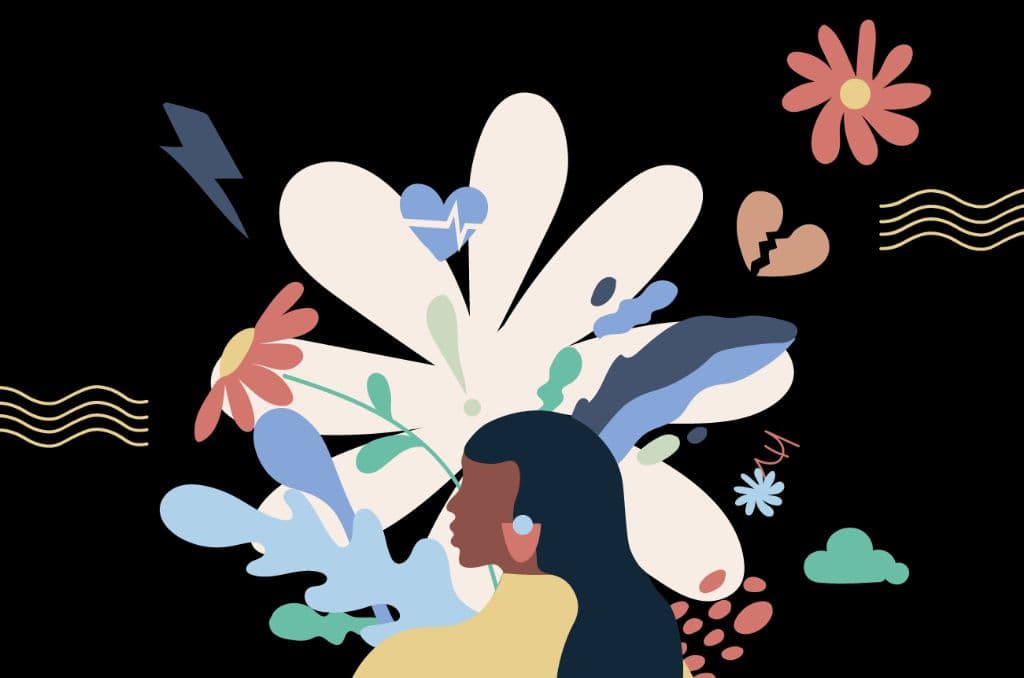“Everything is awesome!”
“Don’t worry, be happy!”
“Why are you being so negative?”
“Be positive!”
These are phrases often offered as motivation to people who are going through a tough time. “My relatives and friends are so supportive, yet, I’m unable to keep myself happy and I feel guilty”, said my 28-year-old female patient who approached me as she started feeling increased levels of anxiety, guilt, and shame.
Does this ring a bell? Have you ever felt similar?
I remember another teenager who approached me saying “I am a boy and I’m not supposed to cry. I need to be cool all the time ... can you prescribe me some medicines?”
In a similar situation, a long lost relative of mine vented to me about how she was tortured because of an alcoholic husband, and was dealing with constant and excessive shame and suppressed emotions. Watching motivational videos and reading positivity centric books only ended up making her feel worse and confused. An empathetic listener was what she really needed.
Later, she told me how she felt a lot better after confiding in me
I’m no magician who just flicked her wand and did some magic. All I did was engage in active listening and while doing so, I didn’t try to pour or force any positivity on her. Rather, I protected her from unwanted and unfitting positivity.
You can observe one thing in common; all these people needed someone to rely on or rather someone who could affirm their feelings.
While all of them sought to get out of this agonizing phase, they were a victim of forced positivity, which is better known as “Toxic Positivity”.
Toxic positivity is the belief that no matter how difficult or painful a situation is, people should maintain a positive mindset. It's a "good vibes only" approach to life.
Types of Toxic Positivity:
Toxic positivity is generally so subtle, that it goes unnoticed, as it lurks behind the cover of optimism. We might even heighten our or someone else’s anxiety and panic while being totally unaware of it. Why? This is because we fail to recognize it.
Broadly you can categorize it into two kinds of experiences :
- Forced on others or received from others: This kind of toxic positivity is the one as suggested above, where people go through a rough patch in their lives and the only help they get is a bombardment of positive statements repeatedly. They can be from various sources like friends, family, social media, etc.
- Forced on self:
Here, the source of toxic positivity is ourselves. We continuously try to force ourselves into positivity by ignoring our negative emotions. This is a strong predictor of lack of self-compassion which furthermore leads to negative emotions.

Consequences of Toxic Positivity:
The pressure of always being in a positive state is too exhausting and energy draining.
Some negative consequences of this can be:
- Shame/ guilt
“Happiness is your choice.” Alright, cool. What about sadness? What about trauma?
We don’t choose to be unhappy; we go through one or a series of traumatizing experiences that lead us there. Happiness is similar; we have to go through a few happy moments that lead us to the bliss we’ve been looking for. But, most importantly, we need to learn to recognize our emotions instead of being in that race of positivity/ only positive vibes attitude. Otherwise, we start feeling shameful and guilty for feeling a certain way (i.e., for whatever our negative emotions are).
- Suppressed emotions
This is avoiding facing the negative emotions by covering them under the blanket of so-called “feel-good” statements.
Imagine a pressure cooker with pent up steam. What happens when the steam isn’t let out? Eventually, it explodes! Similarly, when we humans suppress our emotions. It builds up a steam of emotions which later on causes various psychiatric disorders like anxiety, depression, and physical ailments too.
- Isolation and relationship difficulties
Not being able to connect with others due to a constant fear of being judged or rejected for being our authentic self. When you’re constantly forcing positivity in your life, you not only ignore your negative emotions but also fail to accept yourself for who you are. How do you expect someone to connect and understand you when you yourself don’t want to?
We all find ourselves becoming a part of this positivity race. Continued bombardment of positivity from social media triggers people who are in a bad situation. We fail to recognize that we see a filtered version of people’s life. After the Covid 19 lockdown people started sharing how they’ve been learning skills and doing things they otherwise wouldn’t have time to do in the pre-COVID-19 world. This has created guilt and anxiety for those who have been trying to cope with the situation through unproductive means. It is important to recognize that it's okay to not have a positive and productive day.
Disclaimer: This information is educational and should not be construed as medical advice. Please consult your doctor before making any dietary changes or adding supplements.
ProactiveForHer is a digital clinic for women, offering accessible, personalised, and confidential healthcare solutions. We offer out-patient care, diagnostic services and programs for various health concerns of Indian women, across their lifetime - from puberty to pregnancy to menopause.

